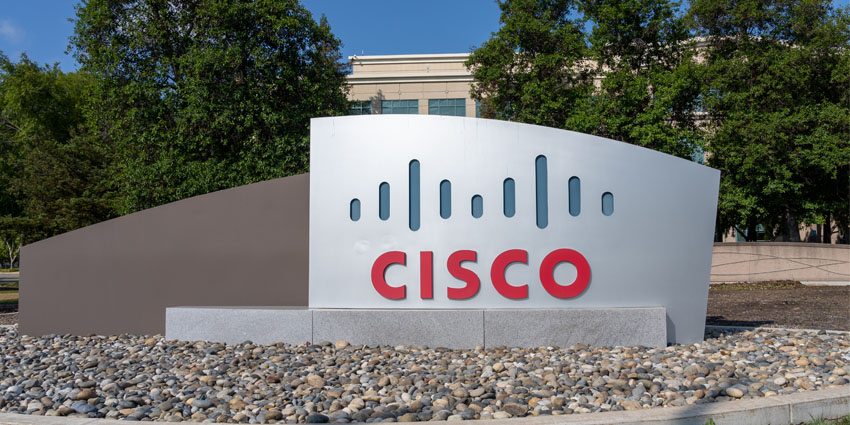Meta, IBM, and ServiceNow are among the organisations that will form the newly launched AI Alliance.
The AI Alliance is a group of businesses, universities (such as Imperial College London and Cornell), research centres (including CERN) and technology developers and adopters that intend to collaborate “together to advance open, safe, responsible AI”.
The AI Alliance’s statement wrote:
That is why today, we’re launching the AI Alliance– a group of leading organizations across industry, startup, academia, research and government coming together to support open innovation and open science in AI. The AI Alliance is action-oriented and decidedly international, designed to create opportunities everywhere through a diverse range of institutions that can shape the evolution of AI in ways that better reflect the needs and the complexities of our societies.”
The AI Alliance argues that greater collaboration and data sharing will empower the AI community to “innovate faster and more inclusively” while making it easier to identify and mitigate risks before a product becomes generally available.
The AI Alliance’s members include the creators of AI benchmarking, trust and validation metrics and best practices, including LlamaIndex and MLPerf. They also have the creators of widely used open models, such as Meta’s Llama 2, and universities and science agencies supporting the next generation of AI researchers and scientists. AI hardware and infrastructure builders that support training and applications have also signed up.
The AI Alliance plans to begin or enhance projects by developing and deploying benchmarks and evaluation standards, tools, and other resources to enable the responsible development and use of AI systems; “responsibly advance the ecosystem of open foundation models with diverse modalities”; support global AI skills building and exploratory research; and foster a vibrant AI hardware accelerator ecosystem.
“The AI Alliance is focused on fostering an open community and enabling developers and researchers to accelerate responsible innovation in AI while ensuring scientific rigour, trust, safety, security, diversity and economic competitiveness,” the statement continued.
What Other AI News Has Happened This Week?
Microsoft will invest £2.5 billion into the UK’s AI infrastructure over the next three years.
The tech giant will more than double its data centre footprint in the UK and aims to train over one million workers with the skills required to build and utilise AI.
Microsoft will also support the UK’s AI research and safety investments by expanding its Accelerating Foundation Models Research programme, enhancing interdisciplinary research on AI alignment and safety, promoting beneficial uses of AI, and boosting AI-boosted scientific discovery in natural and life sciences. This UK effort intends to leverage AI and accelerate scientific discovery through multimodal data generation, as granted by privileged access to Microsoft’s AI tools.
Meanwhile, OpenAI’s Chief Operating Officer Brad Lightcap has warned against expecting too much, too soon, from AI’s ability to transform businesses.
In an interview with CNBC this week, Lightcap was asked what he considered AI’s most “overhyped” aspect today. He replied that many businesses excitedly expect AI to help them cut costs, address significant structural issues or reverse negative growth trends. “I think the overhyped aspect is that it, in one fell swoop, can deliver substantive business change,” Lightcap said.
Lightcap clarified that AI is still in its “infancy” and in a relatively experimental stage of development, so no concrete expectations of its impact as part of business tools or applications should be set.







